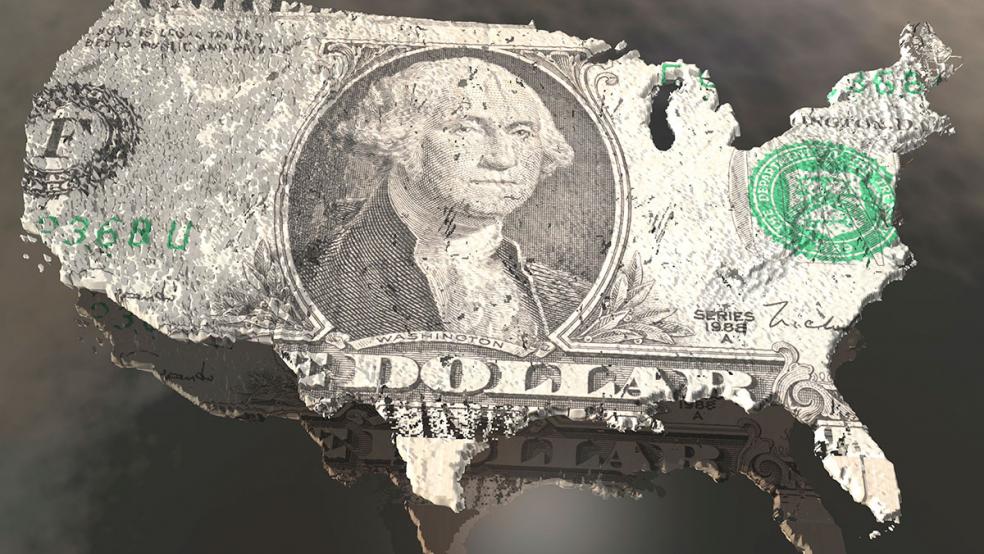The Republican tax overhaul will increase income taxes in many states, thanks to state-level tax systems that are synched to the federal code. Politico’s Brian Faler explains:
“When Congress pares back tax breaks, as it did with the Tax Cuts and Jobs Act, those changes are duplicated in state codes around the country, often automatically. So, in many states, unless legislators reduce their own tax rates or make other changes in their own codes to offset those changes, they will suddenly raise more money.”
The potential jump in revenues varies considerably, from an estimated $30 million in Vermont to more than $1 billion in New York. And while a handful of states, such as Georgia and Idaho, are reducing their tax rates to eliminate the windfall, others, including Colorado and Maryland, are debating what to do with the cash influx.
The unintended tax hikes aren’t the only issues states are grappling with in the aftermath of the GOP tax overhaul. High-tax blue states including New Jersey and California are still looking into ways to limit the loss of state and local deductions, while Minnesota and New Jersey are mulling tax hikes on corporations and wealthy citizens to fund new projects. Steve Wlodychak of Ernst & Young told Politico, “Tax reform isn’t over — we still have to worry about what’s going to happen at the state level.”




